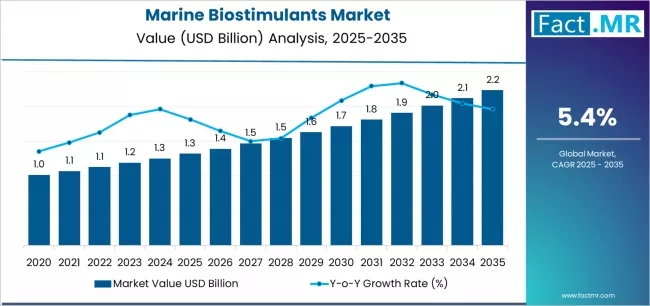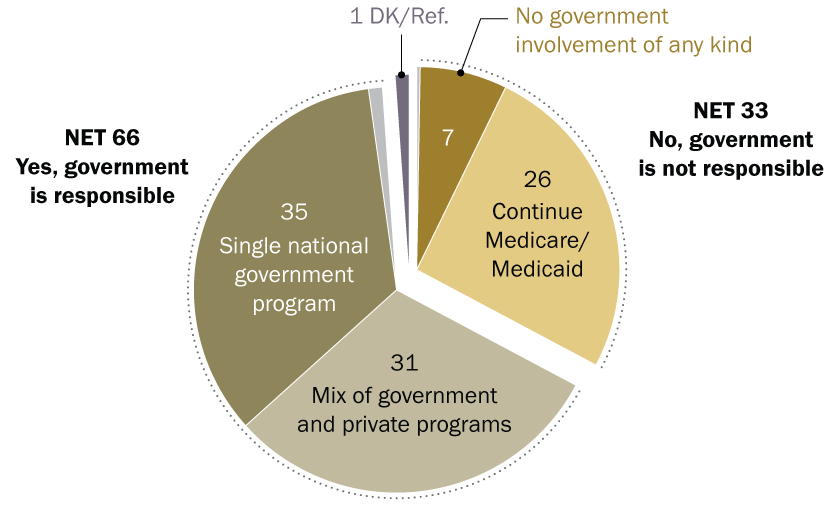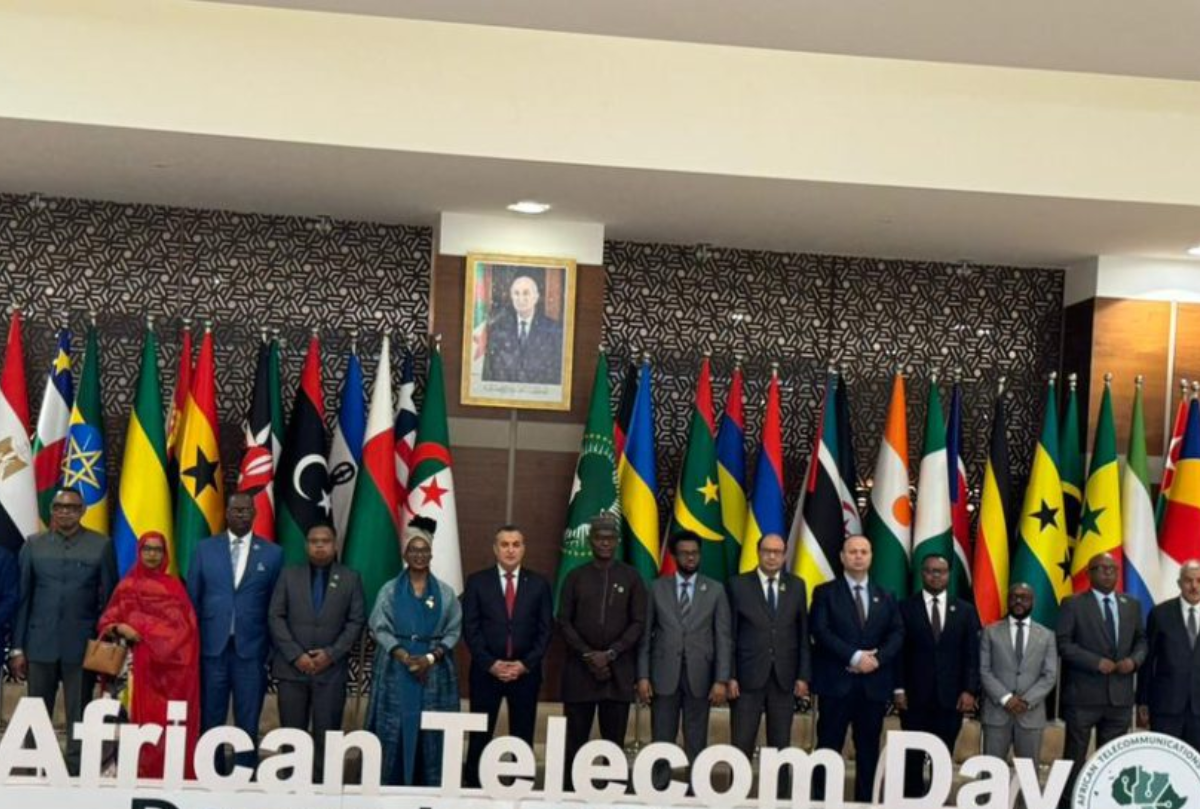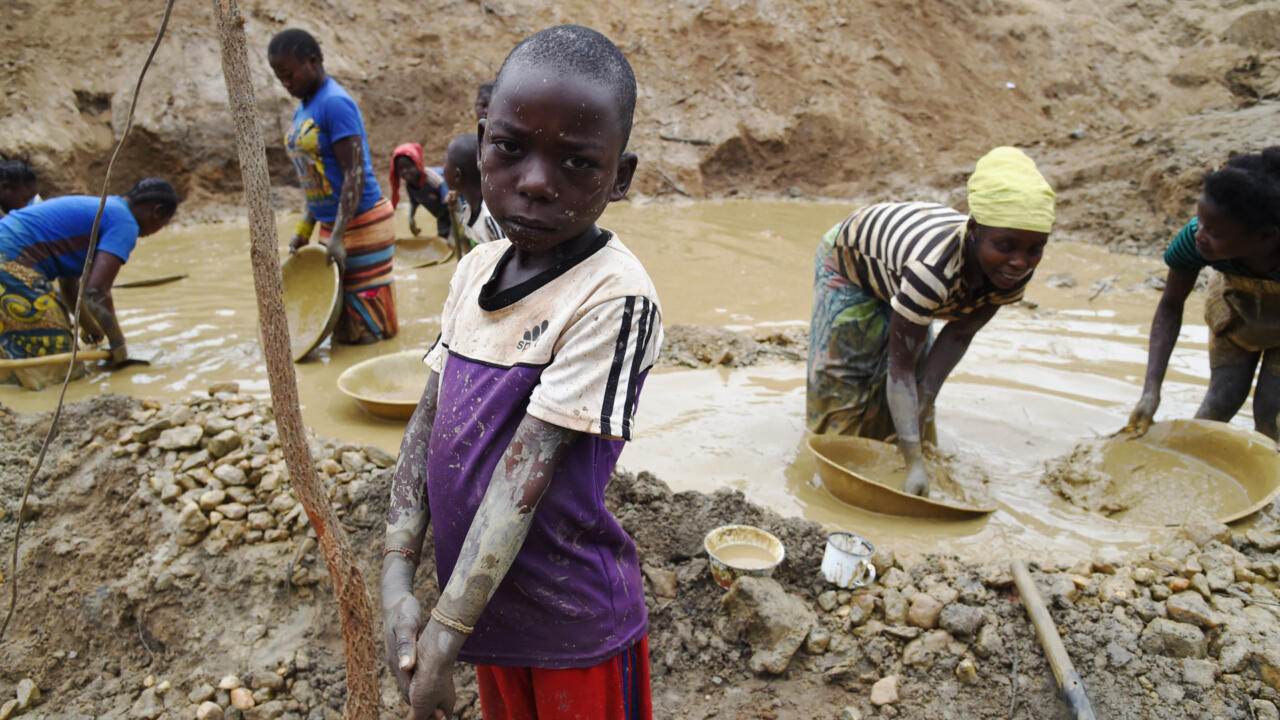Low income mom sues Georgia over foster care fees for her children – New York Post

Report on Georgia’s Foster Care Fee Practices and Sustainable Development Goal Implications
Executive Summary
A civil rights lawsuit has been filed in Georgia challenging the state’s practice of billing low-income parents for their children’s foster care. This report analyzes the practice through the lens of the United Nations Sustainable Development Goals (SDGs), highlighting significant contradictions with goals concerning poverty, inequality, and justice. The lawsuit, filed on behalf of mother Annalinda Martinez and others similarly affected, argues that charging impoverished families for foster care services—often necessitated by the families’ lack of adequate housing—exacerbates poverty and prevents family reunification, undermining the core principles of several SDGs.
Systemic Failures and Contradiction of SDG 1: No Poverty
The Poverty Penalty in Child Welfare
The state’s policy directly undermines SDG 1 (No Poverty) by imposing financial burdens on families already experiencing extreme economic hardship. Instead of providing support to alleviate poverty-related crises like homelessness, the system penalizes families, trapping them in a cycle of debt and instability.
- Between fiscal years 2018 and 2022, children were removed from 700 families in Georgia due to “inadequate housing.”
- The state pursued child support payments from these families despite being aware of their impoverished conditions.
- This practice transforms a social safety net into a punitive mechanism that deepens poverty rather than mitigating it.
Case Study: Annalinda Martinez
The case of Annalinda Martinez exemplifies the system’s failure to uphold the principles of SDG 1. Her experience demonstrates how state actions can directly contribute to the financial and emotional distress of vulnerable citizens.
- In 2018, after becoming homeless while working three jobs, Martinez sought assistance from Georgia’s Division of Family and Children Services (DFCS).
- Instead of receiving housing support, her six daughters were placed in foster care.
- She was subsequently ordered to pay child support, with monthly payments rising to $472, an amount she could not afford while living below the federal poverty line.
- The financial pressure ultimately contributed to her relinquishing parental rights, causing “irreparable trauma” and preventing family reunification.
Violation of Human Rights and SDGs 10 & 16
Deepening Inequality (SDG 10)
The policy of charging for foster care creates a discriminatory system that violates SDG 10 (Reduced Inequalities). It disproportionately affects low-income families, creating a barrier to reunification that does not exist for wealthier families. This institutionalizes inequality within the child welfare system.
- Advocates argue that removing children for poverty-related reasons while failing to provide basic needs support is a systemic inequality.
- The practice creates a perverse incentive, where the state’s goal of reunification is actively hindered by its own financial demands on the family.
A Call for Institutional Justice (SDG 16)
The lawsuit represents a challenge to the state’s institutions, demanding they become more just, accountable, and inclusive, in line with SDG 16 (Peace, Justice and Strong Institutions). The current system is described as one of the “most onerous and punitive” in the nation.
- The lawsuit targets the DFCS for its role in this practice.
- It seeks to end the collection of these fees, especially in cases where children have been adopted or have aged out of the system.
- Martinez received threats of jail time over a debt of more than $13,000, illustrating the punitive nature of the institution’s enforcement actions.
Broader Implications for Sustainable Development
Impact on Housing and Community Stability (SDG 11)
The root cause of many of these family separations is a lack of safe and affordable housing, a direct challenge to SDG 11 (Sustainable Cities and Communities). The state’s response fails to address this core issue, instead destabilizing families and, by extension, communities.
- The initial intervention was prompted by “inadequate housing,” a critical failure in the social infrastructure.
- By placing children in foster care instead of providing housing assistance, the state missed a crucial opportunity to promote family and community stability.
Consequences for Health and Well-being (SDG 3)
The severe emotional and psychological distress caused by forced family separation has profound negative impacts on the health and well-being of both parents and children, running contrary to SDG 3 (Good Health and Well-being).
- The lawsuit notes the “irreparable trauma” caused by the separation and the loss of hope for reunification.
- Martinez reports living in “constant fear” that her remaining two children will be removed, a persistent state of stress that affects her family’s well-being.
Policy Context and Recommendations
National Trends and Georgia’s Response
There is a growing national recognition that this practice is counterproductive. While Georgia has taken some steps, current reforms are insufficient to address the harm already done.
- In 2022, the federal government advised child welfare agencies to limit the practice of seeking child support from parents of children in foster care.
- States such as California and Michigan have already scaled back these collections.
- Georgia implemented new rules in 2024 to limit the practice, but these changes do not apply retroactively to cases like Martinez’s.
Path Forward: Aligning with SDG Principles
The lawsuit’s demands align with a broader call to reform child welfare systems to be supportive rather than punitive. Achieving the SDGs requires that state institutions protect and empower their most vulnerable populations.
- End the practice of charging impoverished parents for foster care.
- Provide retroactive relief for families already burdened by this debt.
- Shift institutional focus from punitive collections to providing foundational support, such as housing assistance, to keep families intact.
Analysis of Sustainable Development Goals in the Article
1. Which SDGs are addressed or connected to the issues highlighted in the article?
-
SDG 1: No Poverty
The article is fundamentally about poverty and its consequences. It describes how “low-income parents” and “impoverished” families are penalized by the state for their financial struggles. The primary reason for children being removed from their homes is cited as “inadequate housing” or homelessness, which are direct results of poverty. The case of Annalinda Martinez, who became homeless despite working three jobs and was living “below the federal poverty line,” exemplifies this connection.
-
SDG 10: Reduced Inequalities
The policy of charging impoverished parents for foster care creates and exacerbates inequality. It disproportionately affects families based on their economic status. The article highlights how this “punitive” system creates a different, more severe outcome for low-income families compared to those with financial resources, thereby violating the principle of equal opportunity and leading to unequal outcomes like permanent family separation.
-
SDG 11: Sustainable Cities and Communities
The lack of adequate and affordable housing is a central issue. The article explicitly states that “Georgia removed children from 700 families because of ‘inadequate housing’.” This points to a failure in providing basic services and safe housing for vulnerable populations. The state’s response was to place children in foster care “instead of offering housing help,” directly linking the housing crisis to the problems discussed.
-
SDG 16: Peace, Justice and Strong Institutions
The article addresses the failure of state institutions to act justly and effectively. The “Division of Family and Children Services” is depicted as implementing a “perverse” practice that undermines its stated goal of family reunification. The filing of a “civil rights lawsuit” against the state, the threat of “jail time” for non-payment of fees, and the description of the system as “onerous and punitive” all point to issues of justice, accountability, and the need for effective and fair institutions.
2. What specific targets under those SDGs can be identified based on the article’s content?
-
SDG 1: No Poverty
- Target 1.2: By 2030, reduce at least by half the proportion of men, women and children of all ages living in poverty in all its dimensions according to national definitions. The article highlights that families “living below the federal poverty line” are being pushed further into debt (Martinez owed over $13,000), which is counterproductive to reducing poverty.
- Target 1.3: Implement nationally appropriate social protection systems and measures for all. The article demonstrates a failure of the social protection system, which, instead of providing “housing help” to a homeless family, removed the children and imposed fees, acting as a punitive measure rather than a supportive one.
-
SDG 10: Reduced Inequalities
- Target 10.3: Ensure equal opportunity and reduce inequalities of outcome, including by eliminating discriminatory laws, policies and practices. The policy of charging impoverished parents for foster care is presented as a practice that leads to unequal outcomes (family separation) based on economic status. The lawsuit seeks to end this practice, arguing it is discriminatory.
-
SDG 11: Sustainable Cities and Communities
- Target 11.1: By 2030, ensure access for all to adequate, safe and affordable housing and basic services. The article directly addresses the failure to meet this target by stating that “700 families” had children removed due to “inadequate housing,” a clear indicator of a lack of access to adequate and stable housing.
-
SDG 16: Peace, Justice and Strong Institutions
- Target 16.3: Promote the rule of law at the national and international levels and ensure equal access to justice for all. The filing of a “civil rights lawsuit” is a direct attempt to seek justice for a policy that is argued to be unlawful and unjust, especially as it affects the most vulnerable without accounting for their “circumstances.”
- Target 16.6: Develop effective, accountable and transparent institutions at all levels. The article critiques the state agency’s practices, which are described as “perverse” because they contradict the stated goal of “reunification,” suggesting the institution is ineffective and unaccountable to the families it is supposed to serve.
3. Are there any indicators mentioned or implied in the article that can be used to measure progress towards the identified targets?
-
Indicators for SDG 1 (No Poverty)
- Proportion of population living below the national poverty line: The article explicitly mentions Annalinda Martinez was “living below the federal poverty line” while being charged unaffordable fees.
- Debt burden of low-income families: The article provides a specific figure of debt, stating Martinez “owed over $13,000” in child support payments.
-
Indicators for SDG 11 (Sustainable Cities and Communities)
- Number of families experiencing homelessness or inadequate housing: The article provides a direct statistic that can be used as an indicator: “Between fiscal years 2018 and 2022, Georgia removed children from 700 families because of ‘inadequate housing’.”
-
Indicators for SDG 16 (Peace, Justice and Strong Institutions)
- Rate of family reunification from foster care: The article implies this is a key metric by stating the state’s policy creates “irreparable trauma” and shatters “any hope of eventual reunification,” suggesting that reunification rates for low-income families are negatively impacted.
- Number of legal challenges against state policies: The filing of a “class action lawsuit” and a “civil rights lawsuit” serves as an indicator of institutional practices being challenged for being unjust or ineffective.
4. Summary Table of SDGs, Targets, and Indicators
| SDGs, Targets and Indicators | Targets | Indicators |
|---|---|---|
| SDG 1: No Poverty |
|
|
| SDG 10: Reduced Inequalities |
|
|
| SDG 11: Sustainable Cities and Communities |
|
|
| SDG 16: Peace, Justice and Strong Institutions |
|
|
Source: apnews.com

What is Your Reaction?
 Like
0
Like
0
 Dislike
0
Dislike
0
 Love
0
Love
0
 Funny
0
Funny
0
 Angry
0
Angry
0
 Sad
0
Sad
0
 Wow
0
Wow
0

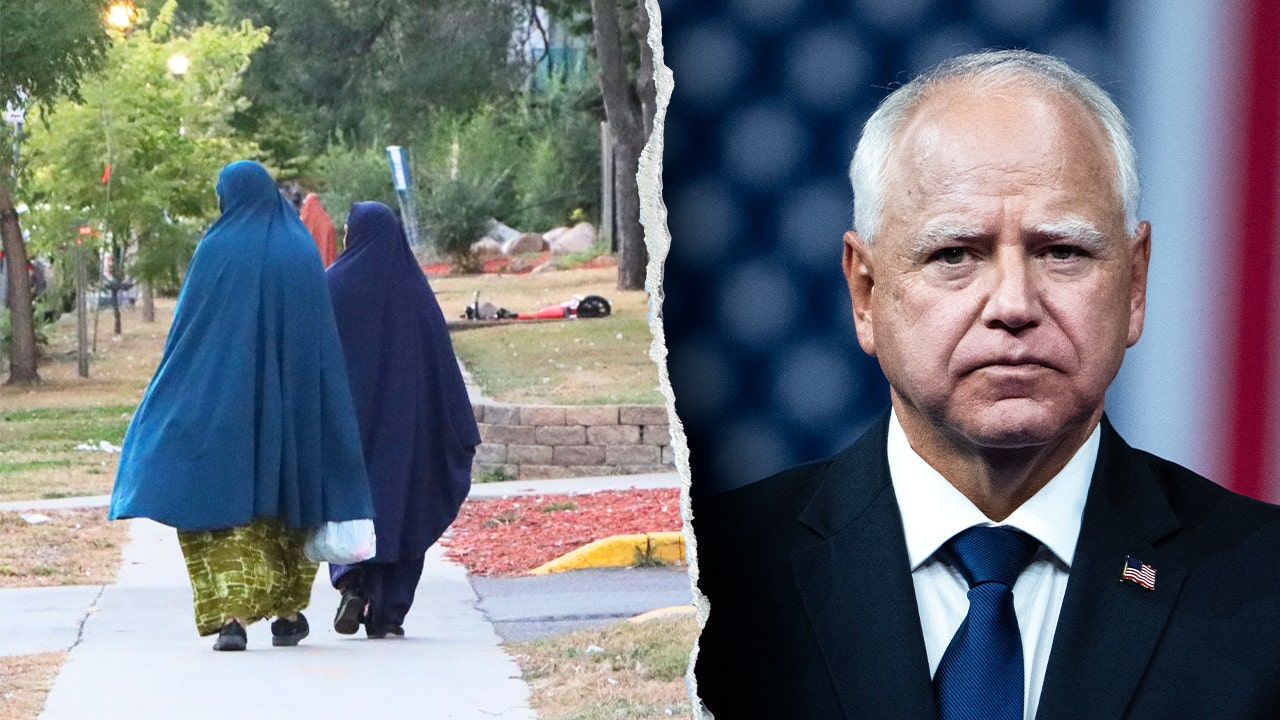
















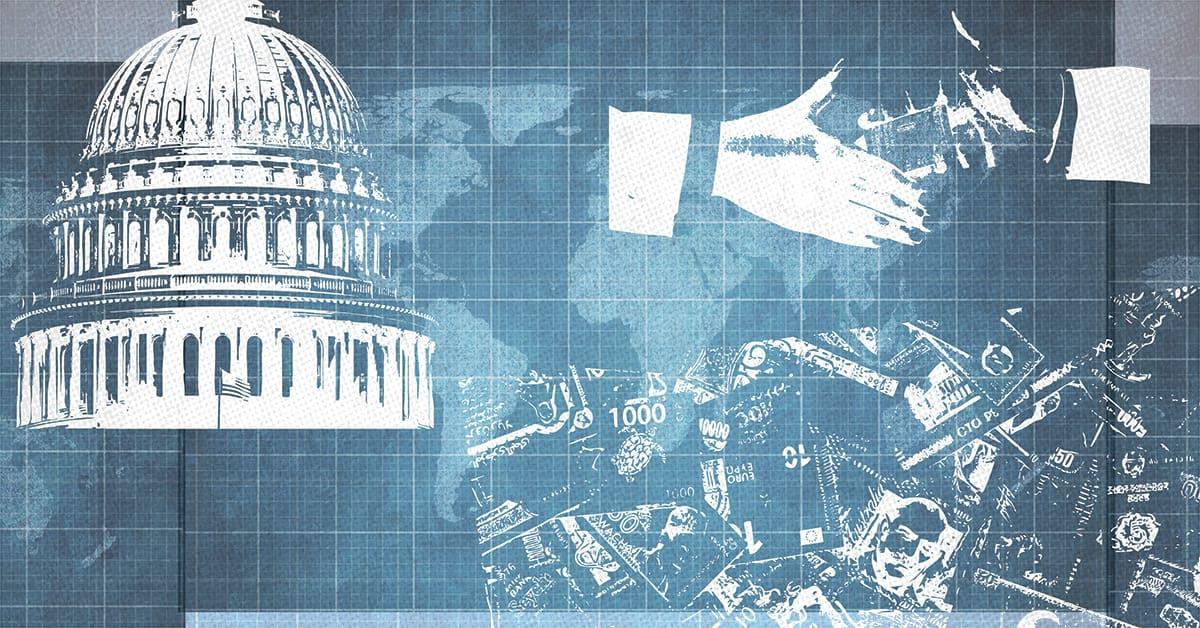































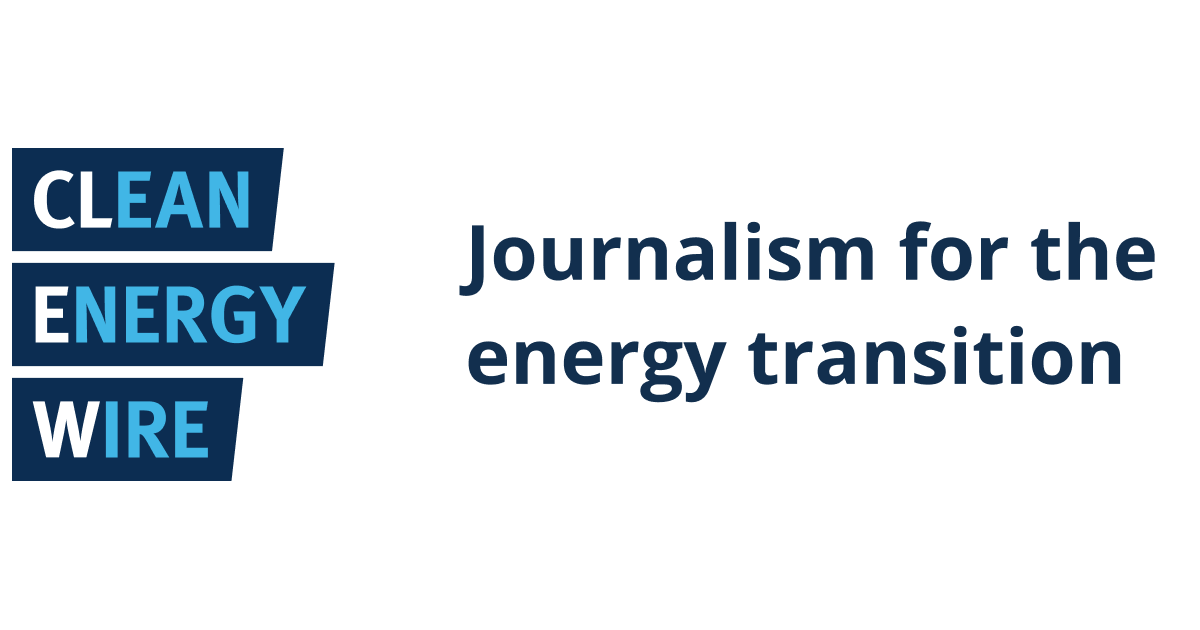
.jpg.webp?itok=0ZsAnae9#)



